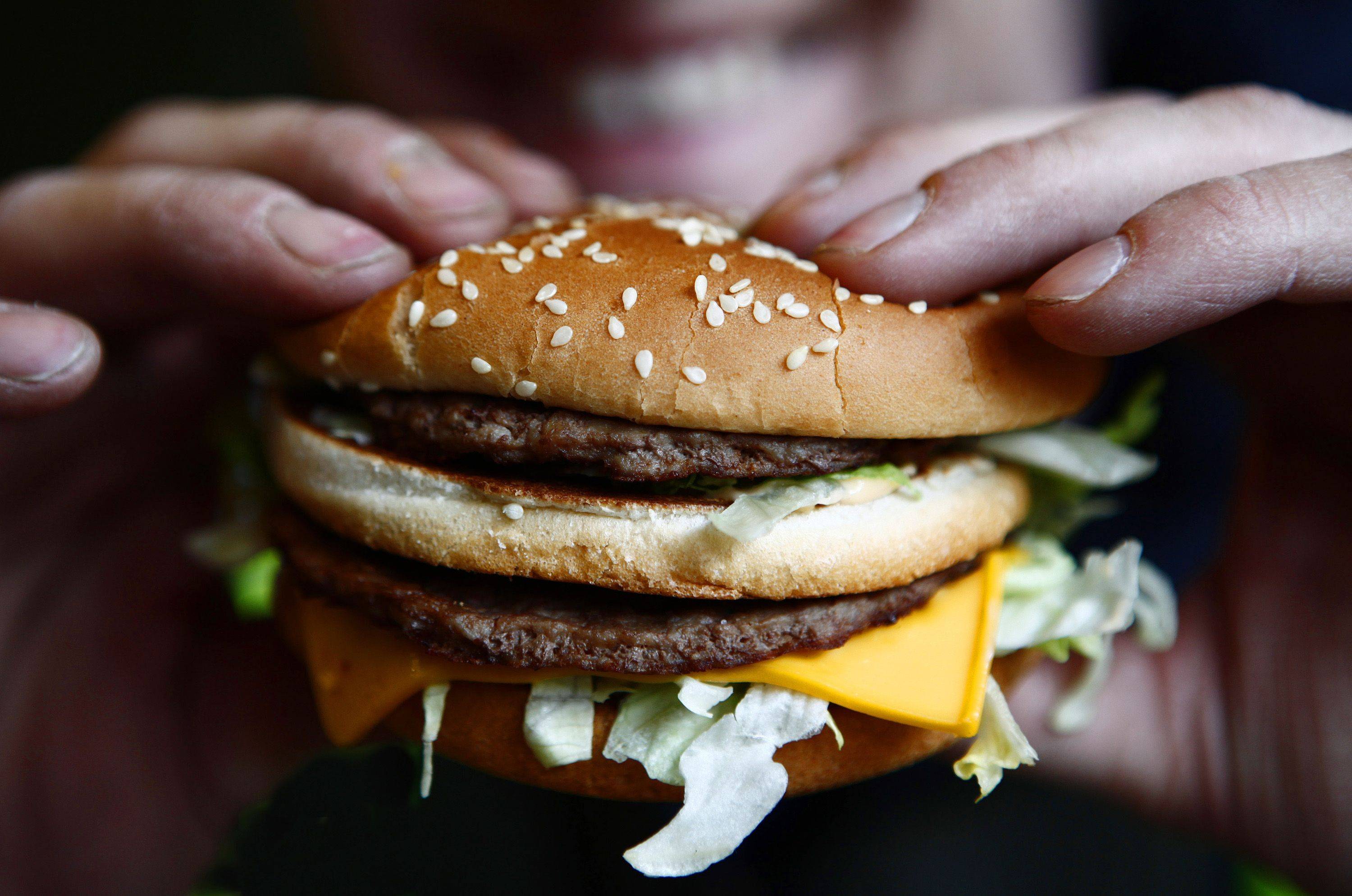Britain has a new approach to fighting COVID-19: It is encouraging citizens to lose weight, because obesity makes the new coronavirus more dangerous. Among other steps, the U.K. government is requiring restaurants to post calorie information on menus. It’s not clear, however, that either of the assumptions underlying this new rule — that obesity exacerbates COVID-19 and that calorie labeling fights obesity — is correct.
The evidence is stronger for the first idea: Obesity does seem to contribute to mortality and other severe outcomes from COVID-19. The effect appears to vary substantially across groups of people, however. And as with most things related to the virus, ambiguities exist. A new analysis of almost 7,000 Kaiser Permanente COVID-19 patients in Southern California found that "obesity was strongly associated with risk for death.” However, the elevated risk applied only to men under the age of 60; there was no association between obesity and coronavirus mortality among women, and very little for anyone over 60, male or female. And the effect for men under 60 applied only to the severely obese (those with body mass index measures above 40).
In the United Kingdom, almost 29 percent of the population is obese. But most of those people — more than 85 percent — are not severely obese. Less than 4 percent of the overall population has a body mass index above 40. And many of these severely obese people are over 60 or female. So if the Kaiser analysis reflects COVID-19’s broader effects, the U.K. strategy stands to protect only a tiny share of the British population. (It should be noted that a U.K. government review of the link between obesity and COVID-19 found a stronger and more universal connection than the Kaiser study did.)

















With your current subscription plan you can comment on stories. However, before writing your first comment, please create a display name in the Profile section of your subscriber account page.